I’m tired of Old White Men Everything. Old White Men talking. Old White Men posturing. Old White Men slithering. Old White Men….
There. Got that off my chest. The fact is, I grew up with the words and even wisdom of Old White Men burned into my brain cells. Some of it still matters to me. But ever since I woke up and smelled the coffee as a young woman struggling to be herself, I’ve realized that making the coffee wasn’t my lifelong vocation. I’ve spent a lifetime—a pretty long one by now—exploring other paths and listening for other voices. My deepest goal has always been to connect with the nature of the universe in which I live and move and have my being, to reach for a relationship with whatever unnameable “that” (to grab a word from an ancient text) put all of “this” within reach of my human senses.
From childhood, I’ve been taught the names, and assured by the presence, of a Spirit, if you will, which I believe is common to all humanity. My earliest theology still pertains: God is Love. And, furthermore, I know it because Jesus loves me. This fundamental pathway to personal and universal meaning provides more than enough wonder and work for a lifetime. I’m on it. But there are a great many Old White Men words (in English, my native language) to sort through.
Setting aside for the moment the word “God,” the word “love” holds a barrel-full of meanings. Lately, I’ve come to appreciate a different word used more often in ancient wisdom which has an even bigger embrace. The word is Compassion. Let me try this out:
“I may speak in tongues of [humans] or of angels, but if I am without [Compassion], I am a sounding gong or a clanging cymbal.” Read the rest of this if you will in the New Testament scripture called First Corinthians chapter 13, with the substitute word. The guy who presumably wrote this passage wasn’t exactly an old “white” man. He did well writing this. I like it even better with the word change.
Compassion. Any voice in the world which does not carry with its every utterance a heartfelt compassion for the whole universe of people, plants, animals, thoughts, and things must be drowned out. Not silenced, just overwhelmed. I think it’s happening, Old White Men.
A woman in a bright blue suit is pointing a finger of truth and accountability at you. Women in space suits are breaking into the pure light of space and science (not to mention the one in—don’t you love it!—Mission Control). Women are stepping up to defend and support the importance of children, their health and education, and the communities they grow up in, all over the world. Women are answering to the cries of Compassion.
Old White Men, better start listening. I think your day is over.
JUST MAKE THE COFFEE
for Jodi
You have to get over it, being a woman and all,
that history turns on the sayings and doings of men.
The tears and the trials of women, we cannot recall.
The trail of her story will never be traveled again.
Even the Marys were speechless for most of the book.
Mother and friend and the lover anointing his head
had little to say. But consider the courage it took,
giving birth, being loyal, reporting the words of the dead.
We just have to be there, intelligent, practical, mute,
while men with their pencils are busily spinning the tale.
But dogma and ritual, bluster and bloody dispute
will not–over listening and touching and loving–prevail.
Barbara LootsPublished in Windshift







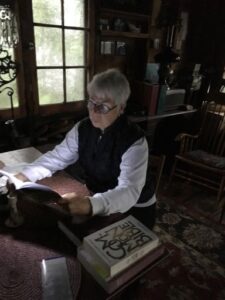
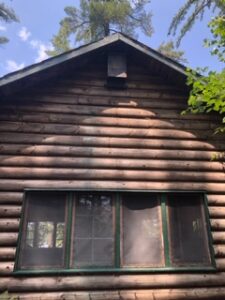





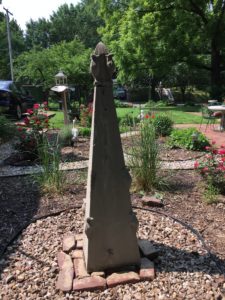
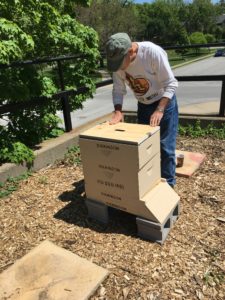
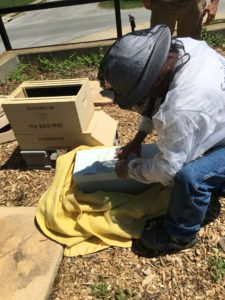
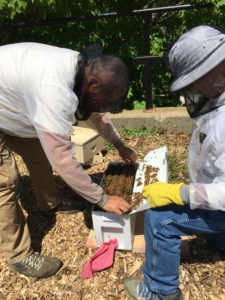
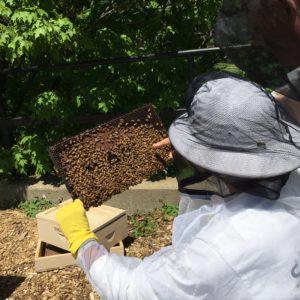

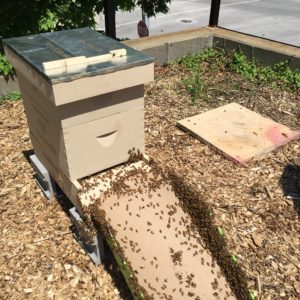
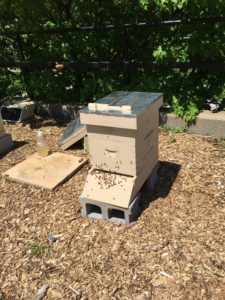
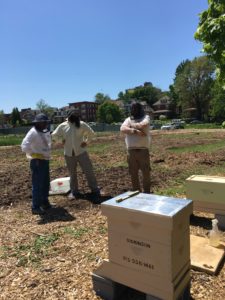
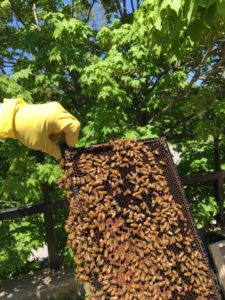
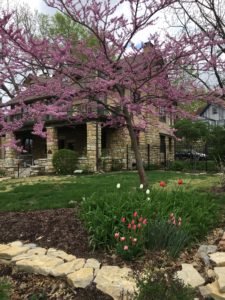
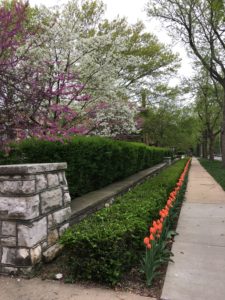
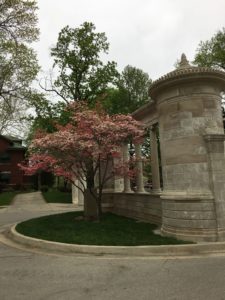

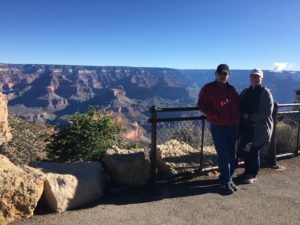

Recent Comments